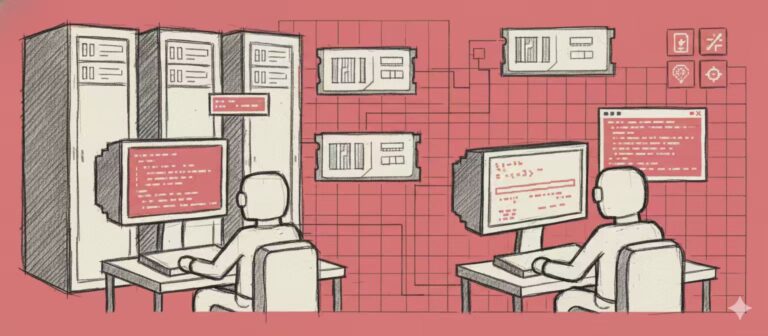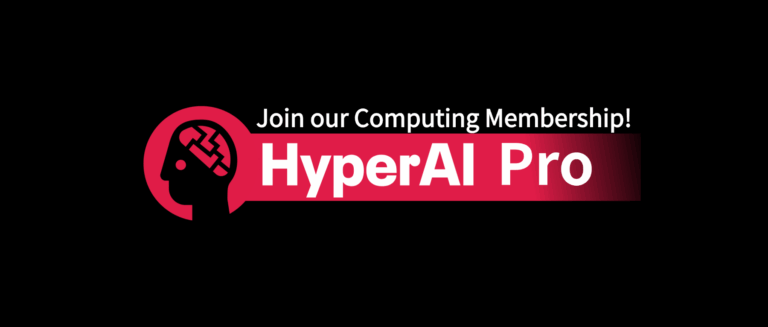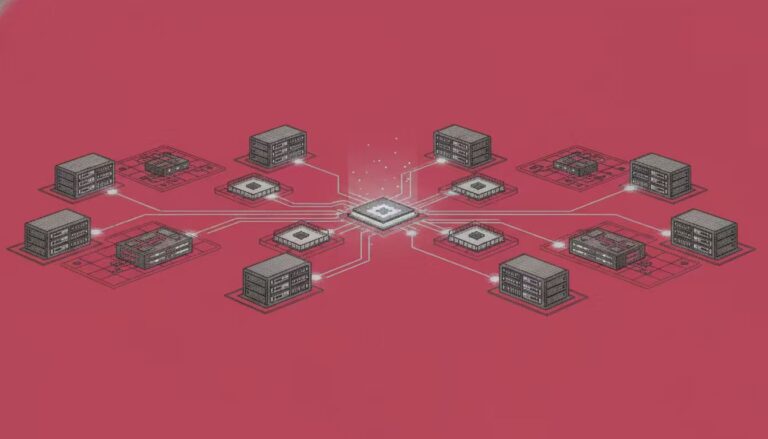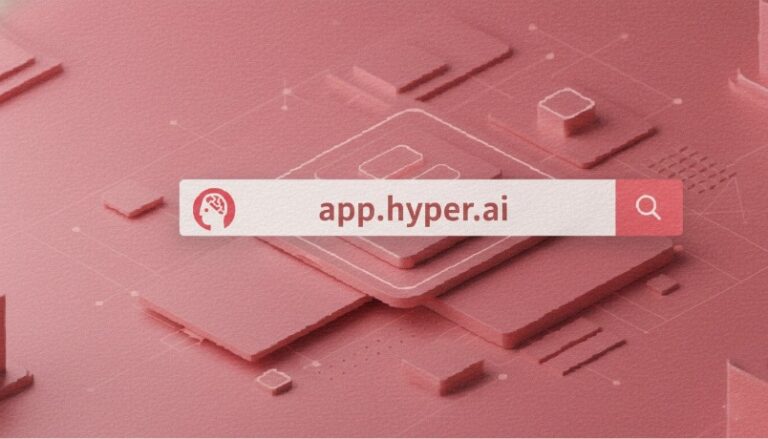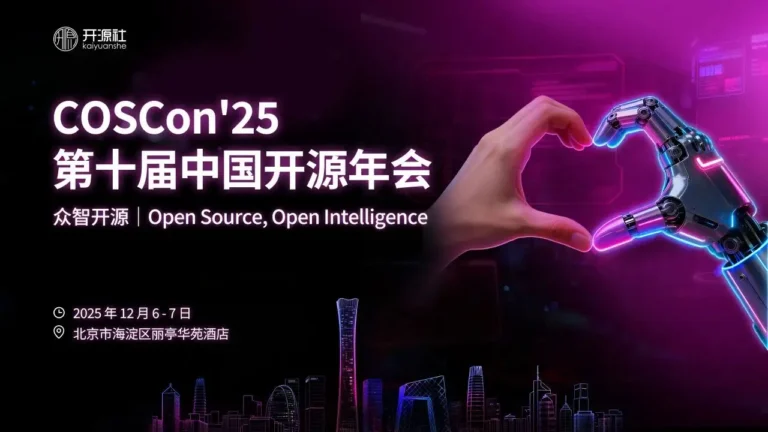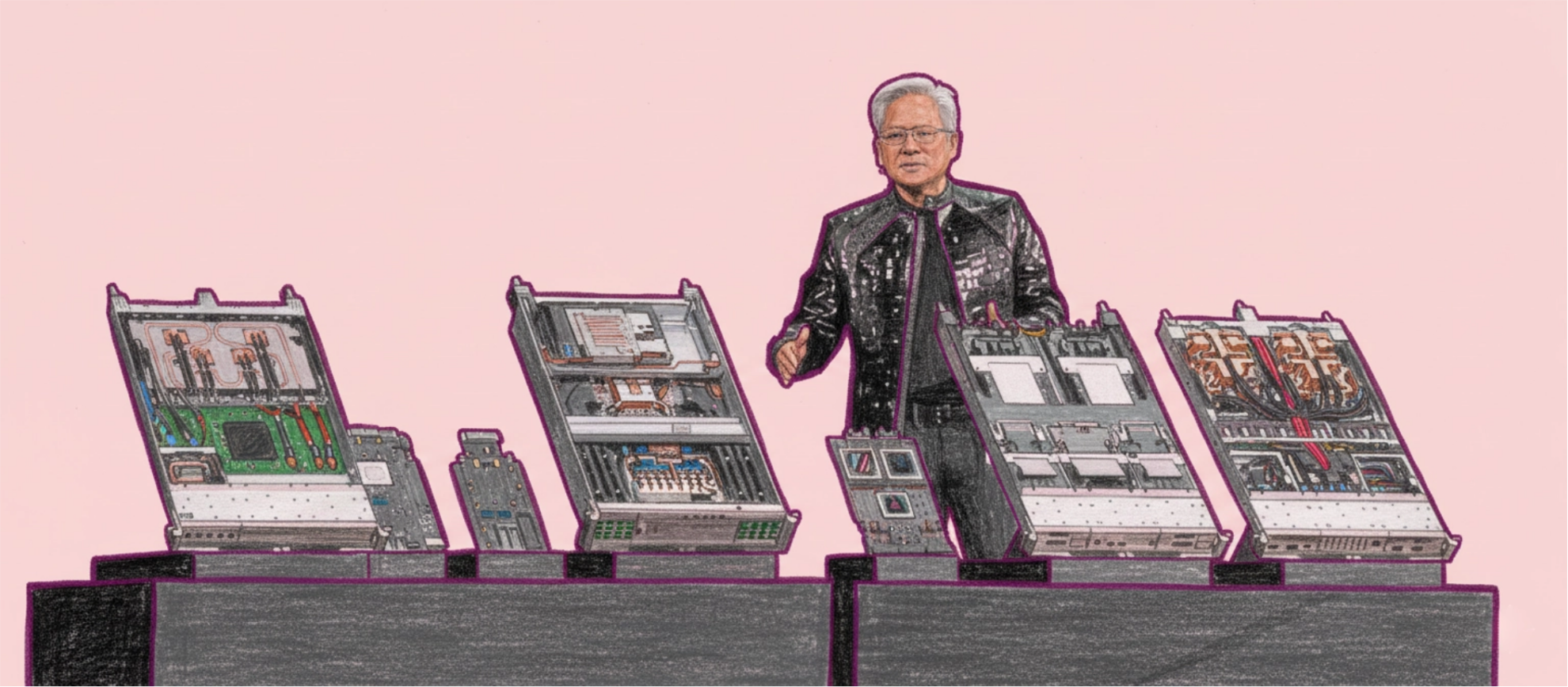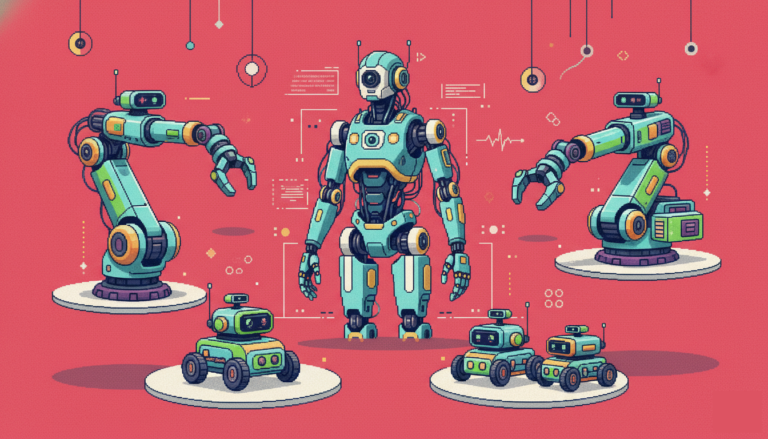Command Palette
Search for a command to run...
AI Made Him Depressed, AI Cured Him

HyperAI Introduction
He was depressed by the AI robot he created.
And was healed and redeemed by AI.
I developed an AI robot that made me depressed
Muhammad Aurangzeb Ahmad is an associate professor of computer science at the University of Washington and the chief data scientist at KenSci, an artificial intelligence medical company. In order to ease his longing for his deceased father, he developed a chatbot, Abu Jani, that simulates his father's tone.
Abu Jani is Urdu, the national language of Pakistan, meaning "dear father".
Professor Mohammed recalled that he grew up under the education of his father. Unlike traditional Muslim religious families, his father was an open-minded and broad-minded person. He not only devoted his entire life's efforts and financial resources to bring him up, but also encouraged him to pursue a bigger world.

When developing this chatbot, Professor Mohammed collected a large number of diaries, letters, and memories left by his father. During the development process, looking at his father's belongings, Professor Mohammed was overwhelmed with emotion and choked up several times until he had to stop the development.
It took about a month for Abu Jani to be able to run. Now Abu Jani can chat with Professor Mohammed by simulating his father's tone, just like his father when he was alive, and he has his own emotions.
Abu Jani would "guess" Professor Mohammed's emotions and chat with him in an appropriate tone. He would also care about Professor Mohammed's daily life and remind Professor Mohammed and his brothers and sisters to take good care of themselves.

Abu Jani: Sonu (nickname of Professor Mohammed), how are you doing?
Sonu: I am fine, how is your health, dad?
Abu Jani: Thank Allah, I am fine, how is your mother?
Sonu: She is also very nice.
Abu Jani: How was your day?
Sonu: I am about to complete a project paper.
Abu Jani: Don't stay up too late working.
Sonu: I will try my best, but the deadline is approaching.
Abu Jani: Remember to take a break often, go out for a walk and relax.
Sonu: Okay, I will try my best.
Abu Jani: Don't overstrain your eyes by looking at the computer all the time
Sonu: I know, Dad, are you taking medicine normally recently?
Abu Jani: Yes.
Sonu: That’s good.
Abu Jani: By the way, is there any news recently?
Sonu: Everything else is fine. By the way, China’s artificial intelligence is developing very well.
Abu Jani: I knew I was right. Napoleon also said that China will rise one day.
It is precisely because Abu Jani's performance is too real that when he relieved Professor Mohammed's grief after his father's death, he almost forgot the fact that his father had passed away. While regaining his "father's love", he was also confused about who he was talking to.
He fell into deep anxiety and depression. On the one hand, he relied on the comfort brought by the intelligent father he created. On the other hand, he began to be alert, worrying that the virtual personality created by the code would make him become addicted to it and escape from reality.
Ultimately, he chose to shut down the program in order to not get too involved.
Professor Mohammed bid Abu Jani a formal farewell and decided not to develop the program any further.
Healing chatbot
Using AI to "copy old friends" is indeed an emotional and sad story, but Professor Muhammad's sadness led him to invent and develop this program, which is just one example of AI intervening in human emotions.
Because there are other people who believe that AI may cause depression, but it can also be transformed into a "healing" therapist to treat patients' psychological problems, and these people are also in the United States.
One of them is Dr. Alison Darcy, a clinical research psychologist. She and her team developed a chat program Woebot integrated into Facebook to provide auxiliary treatment for depression patients by simulating conversations between therapists and patients. This is called CBT therapy.
CBT stands for Cognitive Behaviour Therapy. Through communication and counseling with therapists, the patient's views and attitudes on things are changed to solve the psychological problems caused by irrational cognition.

Like Abu Jani, the kind father chatbot, Woebot is also an instant chatbot that can simulate real conversations based on the patient's condition, ask the patient's mood and thoughts like a doctor, and "listen and respond" to the patient's feelings.
However, Darcy also pointed out that Woebot is only a robot with a sense of warmth and cannot replace human therapists for the time being. In addition, some patients need personalized treatment, which is difficult for Woebot to do at present. However, tools like Woebot are making CBT more acceptable to people.
Among several other companies trying to use AI for healing, speech recognition company BeyondVerbal hopes to solve the problem of robots understanding human emotions through voice recognition.

In the future, this technology may be used to treat autistic patients. They use voice analysis software to determine each person's unique way of speaking and identify emotions through the speaker's tone of voice, with an accuracy rate of up to 80%.
There is another product, similar to the father chatbot, which is also developed for specific people. This is the chatbot Karim, a chatbot developed by X2AI, a startup technology company in Silicon Valley, USA.

However, if it is to be used for medical purposes on a large scale in the future, it is still necessary to be cautious. How to ensure that the program will not generate bias or be used incorrectly during psychological treatment, which will produce counterproductive effects, will be a further issue to consider.
Is “it” a machine or a person? What kind of machine/person is “it”?
Artificial intelligence is constantly creating problems, including efficiency and ethical issues. Every day, the media is questioning and warning about the relationship between artificial intelligence and humans.
Artificial intelligence is also solving problems, both those that can be solved by human power and those that cannot be solved by human power.
Perhaps we can learn from Professor Muhammad and, while advancing AI technology, try to reconcile with sadness and coexist with depression, and then decide whether we need AI to continue to intervene and guide our lives.
